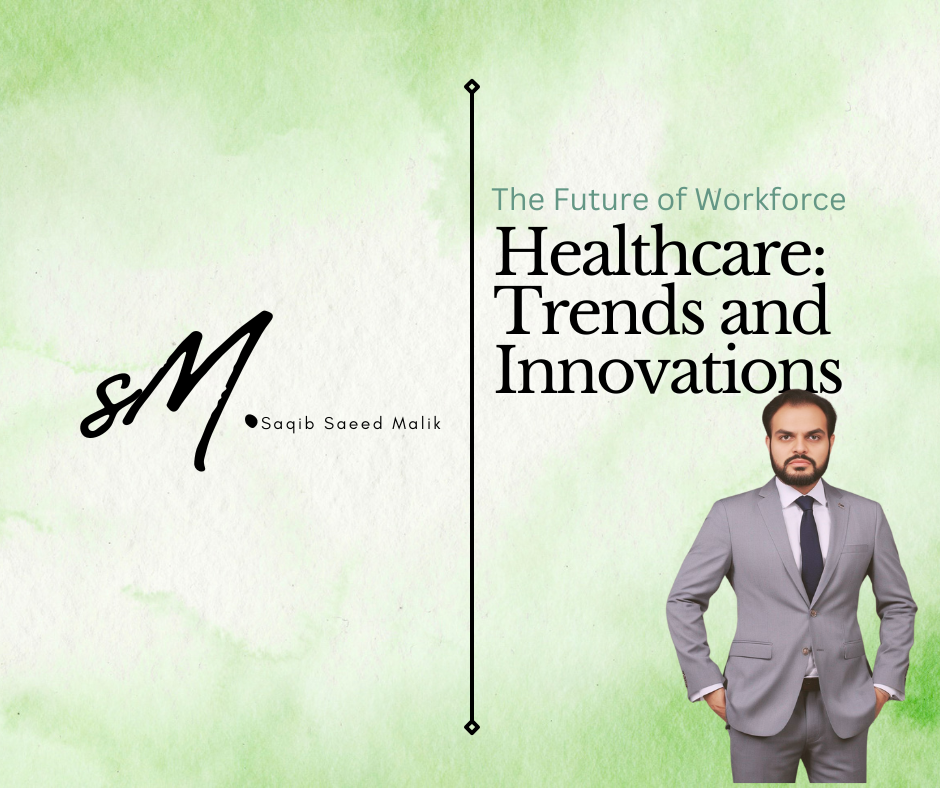Introduction
The future of workforce healthcare is shaped by emerging trends and innovations that promise to transform the way organizations manage employee health and well-being. From advancements in technology to evolving healthcare models, these trends offer new opportunities and challenges for businesses. This blog explores key trends and innovations shaping the future of workforce healthcare.
Telehealth Expansion
Telehealth has seen significant growth in recent years and is expected to continue expanding. Advances in telemedicine technology allow for remote consultations, virtual care, and real-time health monitoring. As telehealth becomes more prevalent, organizations will need to integrate these services into their healthcare offerings and address issues related to technology adoption and data security.
Personalized Medicine
Personalized medicine involves tailoring healthcare treatments to individual characteristics, such as genetics and lifestyle. This approach offers the potential for more effective and targeted interventions, improving health outcomes and reducing costs. Organizations may need to explore personalized medicine options and consider how they can integrate these approaches into their healthcare programs.
Mental Health and Wellness
Mental health is gaining increasing attention in workforce healthcare, with a growing emphasis on providing support and resources for mental well-being. Organizations are implementing programs to address mental health issues, reduce stigma, and promote a supportive work environment. This trend reflects a broader recognition of the importance of mental health in overall employee well-being.
Data Analytics and Artificial Intelligence
Data analytics and artificial intelligence (AI) are transforming workforce healthcare by providing insights into health trends, predicting future healthcare needs, and optimizing healthcare delivery. Organizations can leverage these technologies to enhance decision-making, improve health outcomes, and manage costs more effectively.
Value-Based Care Models
Value-based care models focus on improving health outcomes while reducing costs by emphasizing quality of care rather than volume of services. Organizations are increasingly adopting value-based care approaches, which involve assessing the effectiveness of healthcare interventions and aligning incentives with health outcomes.
Conclusion
The future of workforce healthcare is characterized by trends and innovations that offer both opportunities and challenges. By embracing advancements such as telehealth, personalized medicine, mental health support, data analytics, and value-based care models, organizations can enhance their healthcare programs and contribute to a healthier and more productive workforce.

